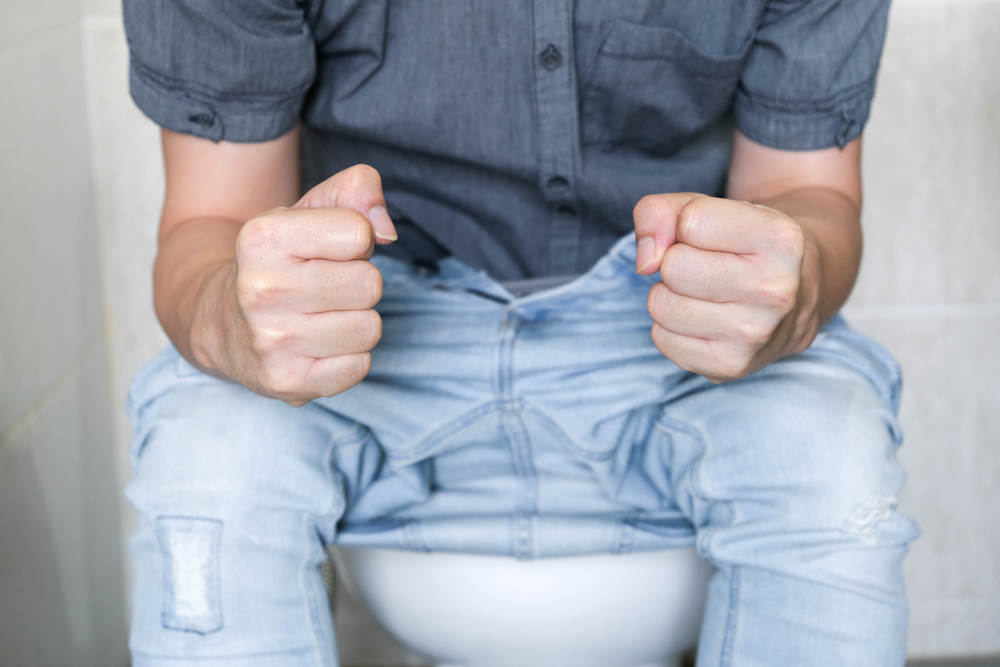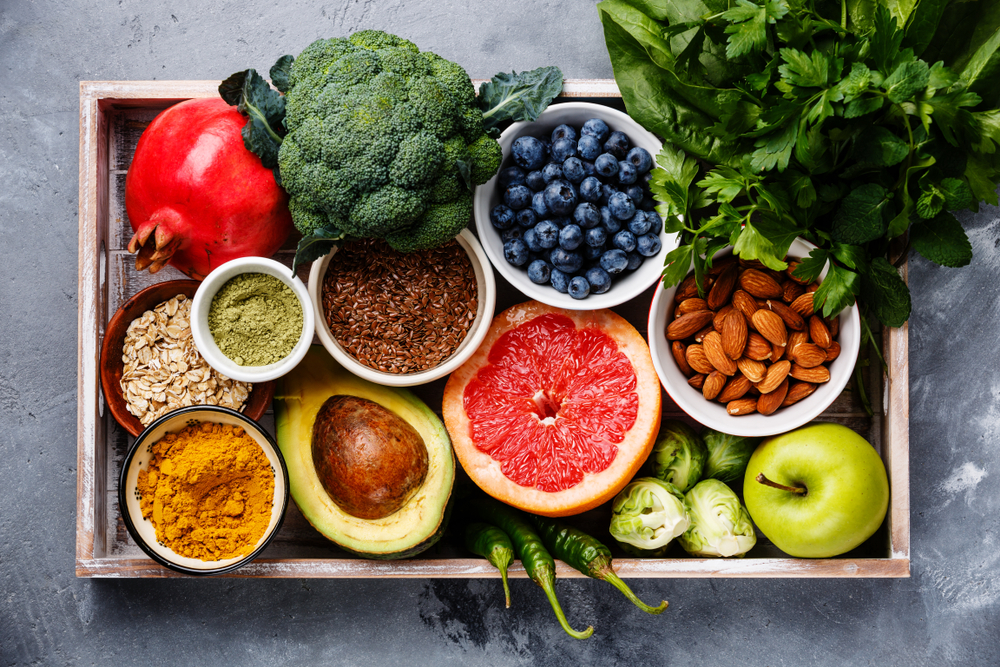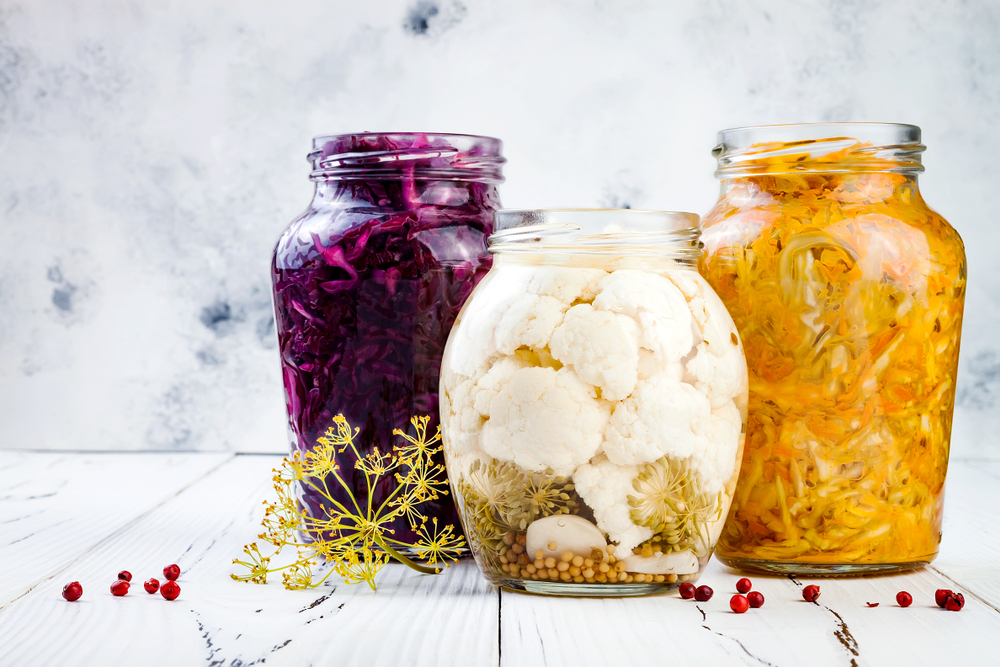Constipation is a widespread problem today. It has a number of causes and afflicts all age groups, from children to adults and pregnant women, while its incidence is somewhat higher in the elderly.
We often fail to take constipation seriously and to approach it with due attention. The fact is that in most cases constipation is caused by a poor diet with an inadequate intake of dietary fibre. On the other hand, it can also be caused by some medications, medical conditions, as well as various anatomical and physiological changes in the body.
Constipation can become much more serious if left untreated. Since it can substantially reduce the quality of life, it should be treated without delay and in an appropriate manner.
That is why prevention, diagnosis and treatment of constipation are extremely important for the general health and well-being. The main goals of the treatment are to soften the stool, stimulate the bowel movement, as well as to deal with psycho-social factors that slow down digestion, i.e. cause the dysfunction of the digestive tract.
While there are many accepted guidelines for managing constipation, there are also many unfounded claims. The results of studies are sometimes misinterpreted, which can lead to the worsening of symptoms and complications, as well as to additional apprehension on the part of patients and their carers.
Before we adopt any changes and drastic measures for stimulating digestion and alleviating constipation, it is wise to review the common constipation myths that remain unproven to this day.

1. Bowel Movements Should Happen Every Day
Each body is different. For example, some people feel the need to defecate three times a day, while others do it three times a week – and both of those cases can be perfectly normal. However, even though we all have our own digestive rhythm, we normally say that people who defecate less than once a day have slow or bad digestion, especially when going to the toilet causes discomfort and the feeling of incomplete emptying of the bowel. If we feel the need to defecate less than three times a week, most probably we are talking about constipation.
2. Constipation Results in Self-Poisoning
Some people believe that due to constipation the body absorbs toxic substances from the stool, which leads to the poisoning of the body and occurrence of many diseases, and even death. This theory has been completely rejected thanks to modern science. Such “potential” consequences of constipation have never been proven and they can only cause unnecessary fear and bad approach to dealing with this subject.
It is beyond doubt that regular digestion is important for the total health of the body and that having a healthy relationship with the digestive system can prevent many problems. However, other factors also affect the occurrence of some diseases and, unfortunately, they can sometimes not be prevented.
3. Increasing Fibre Intake is All That It Takes
When it comes to digestion and regular bowel movements, fibre (soluble and insoluble) is often hailed as a “superfood”. However, not all fibre is alike. According to the research on the effects of dietary fiber on constipation, it has been established that insoluble fiber is more effective in dealing with constipation. However, insoluble fiber can cause flatulence and thereby cause indigestion.
We must be aware of the fact that most people do not satisfy their daily fiber need which is a very common cause of slow digestion. Therefore, the experts for digestion often recommend increasing the intake of vegetables, fruit, whole-grain cereals, and other kinds of fiber-rich foods. However, if we get enough fiber into our body on a daily basis, a higher intake of these foodstuffs will not have a beneficiary effect on our digestion, so the recommended daily quantity should not be exceeded.
So, follow the daily recommended fiber intake in line with your gender and your age for a healthy digestive system. For men that amount is 38 g (for men below 50), i.e. 30 g (for men above 50) and for women that is 25 g (below 50), i.e. 20 g (above 50). If you do get that much fiber into your body and you still have a problem with your digestion, consult your doctor. Since we are already giving out warnings, keep this in mind too: when you increase the fiber intake, always do it gradually or your symptoms might worsen.

4. Increasing Fluid Intake Improves Digestive Function
It is often believed that an increased water intake can improve the stool consistency and thereby make the bowel movements easier. However, the science says that an increased water intake only slightly or not at all affects the changes in the stool. Just like with the fiber, it is important to drink enough water and/or consume the foodstuffs rich in water, such as fruit and vegetables.
The current guidelines recommend to simply maintain the normal water intake according to one’s age (2 to 3 l per day for adults, 1 l per day for children) and prevent dehydration. On the other hand, it is true that in the modern rhythm of life we often “forget” to drink, so many people have a problem with achieving these values and, consequently, with ensuring enough water necessary for the smooth functioning of the body and thereby digestion. In such cases an increased water intake has a therapeutic effect.
5. Probiotics Can Eliminate Constipation
Probiotics are good bacteria that live in our intestines. The balance of intestinal microflora is vital for the health, and it can be disturbed due to many factors (a therapy with antibiotics, stress, improper diet, chronic diseases). Probiotics are advisable in a diet and intestinal microflora needs to be restored, but the evidence about probiotics solving the problem of constipation is not strong enough for us to justify their routine usage in patients with constipation.
The evidence that probiotics can prevent and cure diarrhea is clear, but when it is about constipation, there is not enough scientific evidence. An exception is a recommendation of taking probiotics to older people who have problems with constipation more frequently. Even though there is no direct connection between the intake of probiotics and alleviating constipation, they are still recommended to older people because it has been established that in their case there is a physiological reduction in the number of important bifidobacteria in the intestine.

Constipation can significantly impair the quality of life and it is very important to demystify this problem. It is important to educate the patients, guide them in the right direction, remove the fear and give them clear and rational recommendations for solving that problem. At the same time, it is extremely important to have the right and good information at hand.
You can get firsthand professional advice in our articles on digestion and immune system, and we will gladly share with you some ideas for healthy cooking!
Frequently Asked Questions
1. What are the most common myths connected to constipation?
People often think that for healthy digestion it is necessary to have bowel movement every day and that constipation poisons the body, which is not true. Also, the opinion that the problems with slowed digestion can be simply solved by increasing the fiber intake or a glass of water doesn’t hold water. However, such simple approach is often not enough, especially when it is about more complex problems.
2. Does drinking Donat natural mineral water really help in getting rid of constipation?
The story of the origin of Donat might be just a myth, but that is definitely not true for the beneficial effect of this water. Donat’s efficiency in fighting against the slowed digestion and constipation has been clinically proven. An independent German study from 2016 proved that natural mineral water from the soil of Rogaška accelerates the function of the digestive system.
3. How does Donat support digestion?
The efficiency of Donat hides in one of the highest mineral contents on the market, especially sulphates which bind the water from the intestinal wall and increase the volume of the stool for it to pass through the intestine more easily. Magnesium at the same time relaxes the intestinal muscles and thereby additionally supports excretion.
4. Can constipation be a sign of more serious health problems?
Constipation is most often a consequence of an unhealthy lifestyle, especially insufficient fiber and liquid intake and lack of physical activity. If you are constipated and you do not feel well, first try to eliminate unhealthy habits. However, constipation can also indicate that there are more serious problems or chronic diseases. If you are still often bloated, you have diarrhea or you feel sick despite changing your lifestyle, definitely consult a doctor.
5. How to efficiently accelerate digestion?
The best solution for slow digestion is a combination of a healthy diet rich in fiber, regular hydration, regular physical activity and avoiding unhealthy habits, such as excessive consumption of alcohol and cigarettes. Getting enough rest and avoiding stress are also very important factors in the fight against slow digestion. In other words: the point is in a healthy lifestyle.
Choose chapter:






